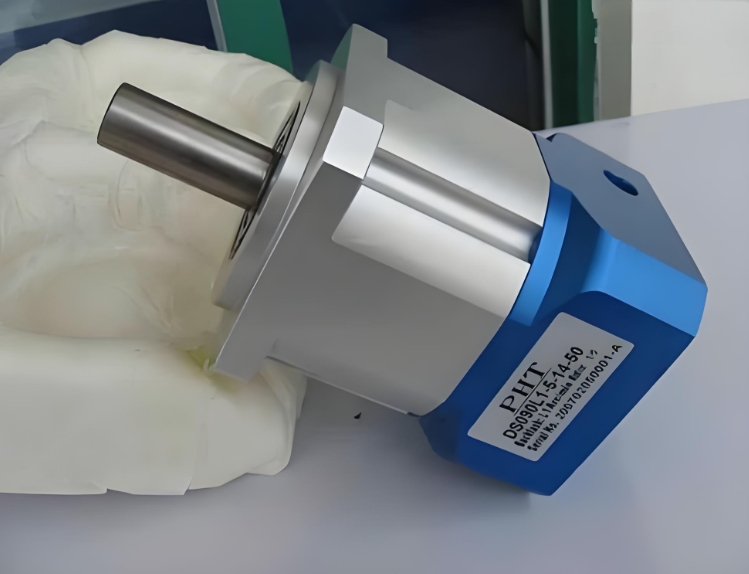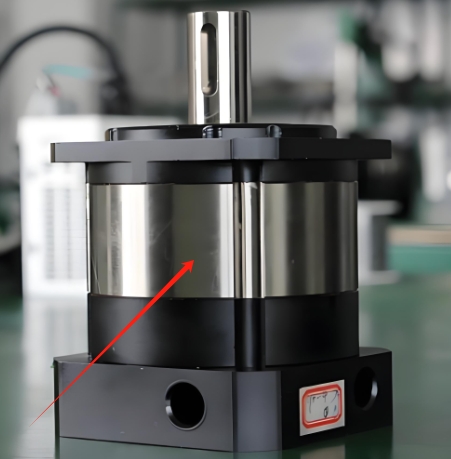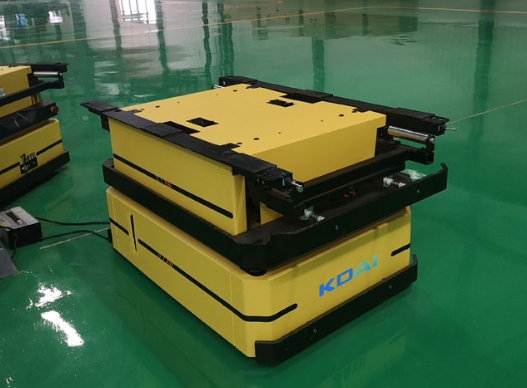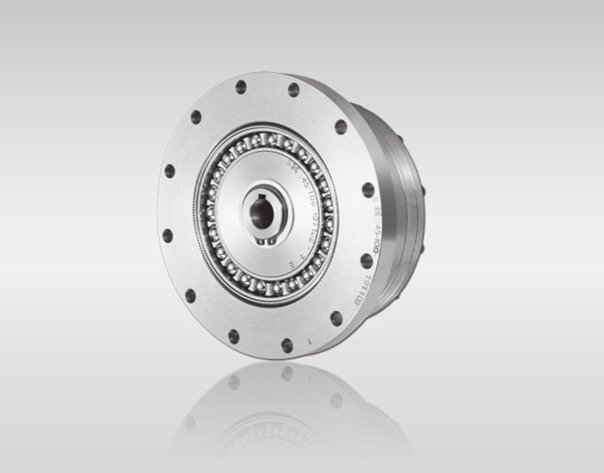1. Behind Customized Gearboxes:
While traditional standardized gearboxes play a vital role in a wide range of applications, they may not always provide the optimal solution for certain specialized requirements. This is where the value of customized gearbox designs becomes apparent. Customized designs allow for precise adjustments of dimensions, output speeds, load capacities, and other key parameters, ensuring the gearbox seamlessly fits into specific working environments.
2. Advantages of Personalized Designs:
a. Meeting Unique Specifications: Customized gearboxes enable precise designs tailored to the client's specifications, ensuring a perfect match for specific industrial equipment.
b. Adapting to Special Conditions: For extreme working conditions such as high temperatures, low temperatures, or high humidity, customized designs can integrate special lubrication systems and sealing technologies, enhancing the gearbox's stability and reliability.
c. Precise Performance Matching: Addressing the unique load requirements and output torque demands of clients, customized gearboxes can achieve more accurate performance matching, improving system efficiency.
d. Special Material Selection: In industries with high hygiene and safety standards, like food processing or pharmaceuticals, selecting materials that comply with specific industry standards ensures the gearbox's cleanliness and safety.
3. Customer Case Studies:
a. Automotive Manufacturing: In the automotive industry, where engine and transmission system requirements vary based on vehicle types and applications, customized gearboxes offer precise output speeds and torque tailored to different models.
b. Food and Pharmaceutical Industry: Industries with stringent hygiene and safety requirements benefit from customized gearboxes using materials compliant with food-grade or medical-grade standards, ensuring the gearbox meets industry-specific standards.
c. High-end Machine Tool Manufacturing: In the high-end machine tool sector, where precision and stability are paramount, customized gearboxes can precisely match the performance requirements of the machine tool, enhancing machining accuracy and efficiency.
4. Process of Customized Production:
a. Requirement Gathering: Close collaboration with clients to understand specific needs, including working environments, load requirements, size constraints, etc.
b. Engineering Design: Based on client requirements, the engineering design phase involves selecting appropriate materials, accurately calculating loads, and determining output parameters.
c. Manufacturing and Assembly: Transforming the design into a tangible product, ensuring each component undergoes precise manufacturing and meticulous assembly.
d. Testing and Quality Inspection: Thorough testing and quality checks on the customized gearbox to ensure it adheres to design specifications and meets client expectations.
e. Delivery and After-Sales Service: Delivering the customized gearbox to the client and providing after-sales services to ensure the product's stability and reliability throughout its usage.
Conclusion:
Customized gearbox production solutions not only serve as a means to meet specific needs but also as a key avenue for providing optimal performance and efficiency. Through close collaboration with clients, manufacturers can offer personalized designs that perfectly match the requirements of different industries and applications, fostering continuous innovation and development in the industrial sector.
 English
English Deutsch
Deutsch Русский
Русский Español
Español


















Quote Now